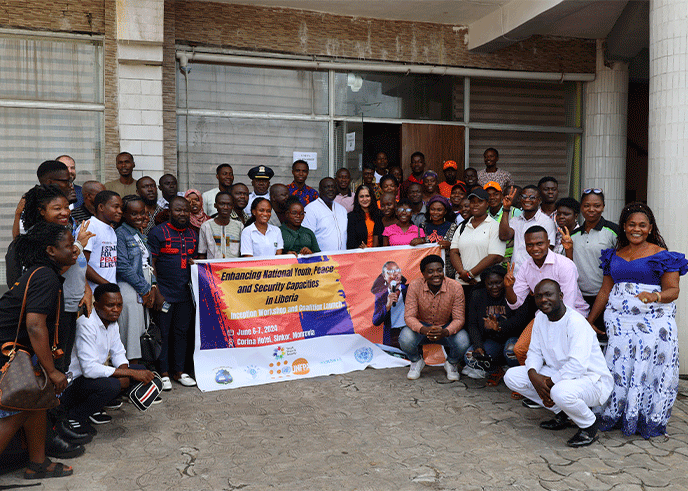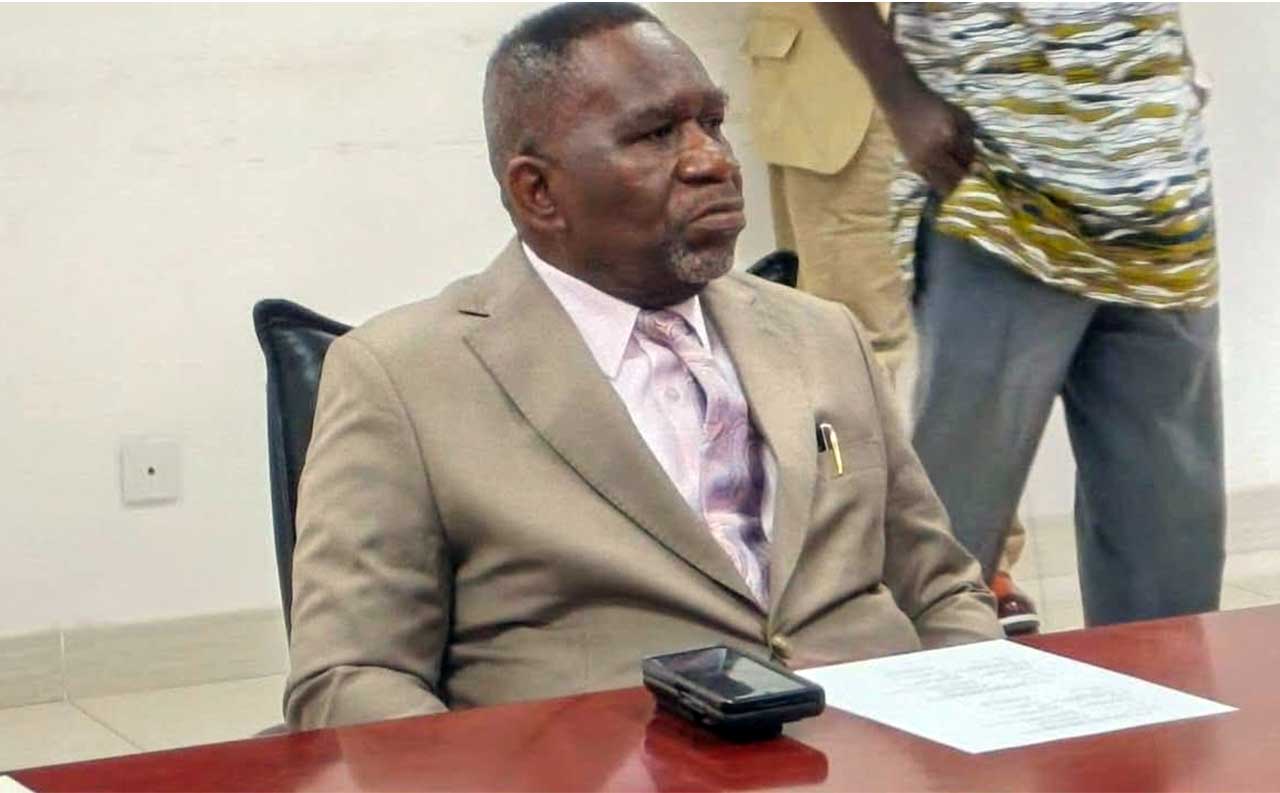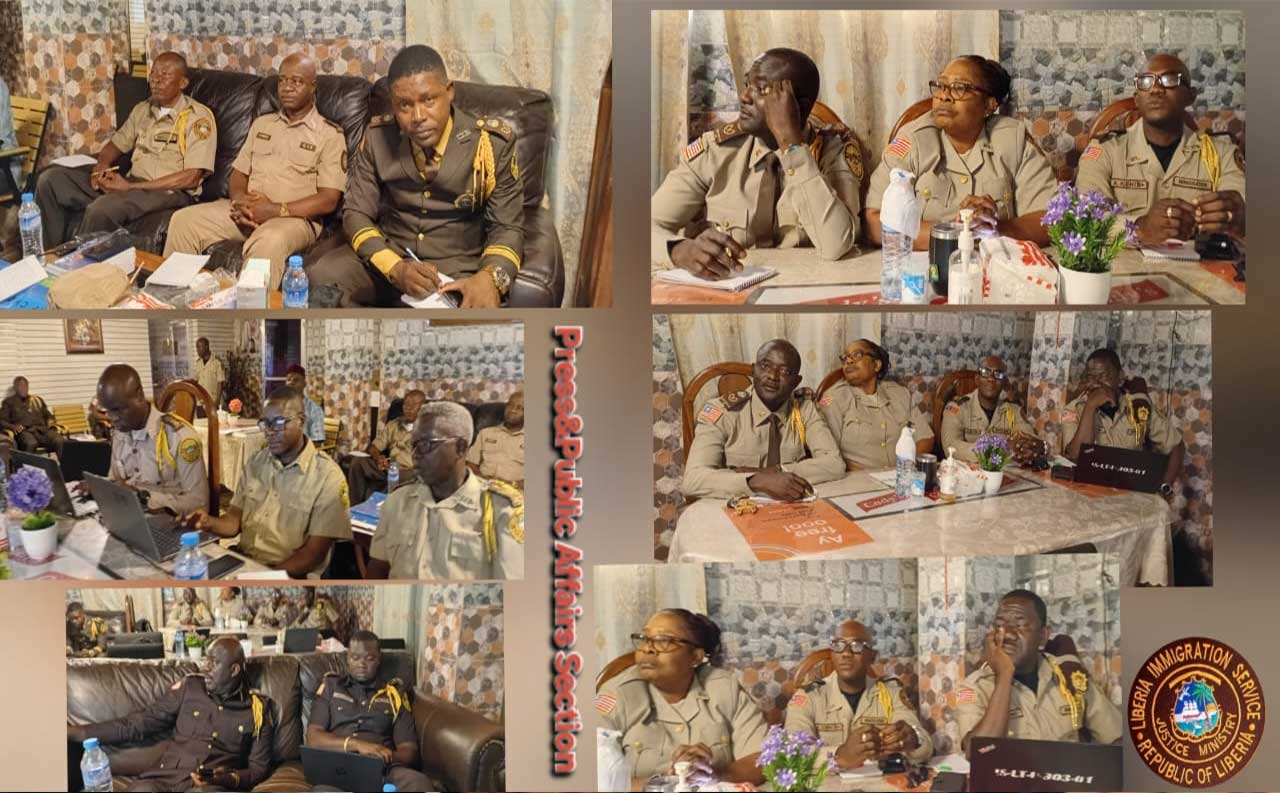Liberian youth groups, with support from the United Nations Population Fund (UNFPA) and the Ministry of Youth and Sports, have organized themselves into a national coalition to drive Liberia’s youth peace and security agenda. The coalition’s formation follows a two-day workshop on youth, peace, and security in Monrovia.
The workshop, conducted from 6-7 June, is part of the “Enhancing National Youth, Peace and Security Capacities in West Africa” project, which UNFPA is implementing through the ministries in charge of youth affairs and youth network in Liberia and Benin with the support of the United Nations Department of Political and Peacebuilding Affairs (DPPA).
The project aims to raise awareness of the Youth Peace and Security (YPS) agenda and establish a multi-stakeholder platform. This platform will act as a central hub for coordinating national efforts and promoting youth participation in the peace and security agenda, ensuring that all stakeholders, regardless of their background, have a voice and role.
“Young people constitute an untapped resource for peace and development, as they can be powerful agents for positive change due to their fresh perspectives, innovative ideas, and boundless energy. As they make up 75 percent of the population, young people are critical drivers of Liberia’s stability and democratic credentials, which include over 20 years of stability with three successful and successive peaceful transfers of power,” says UNFPA Liberia Representative Bidisha Pillai.
She adds: “The United Nations Population Fund (UNFPA) and the United Nations Department of Political and Peacebuilding Affairs (DPPA), as global co-leads on the Youth Peace and Security (YPS) agenda, in line with their respective YPS strategies, work to integrate the role of youth better, and young women in particular, in conflict prevention and sustaining peace into its analyses and recommendations, and also to integrate young women and men in formal and informal peace processes.”



